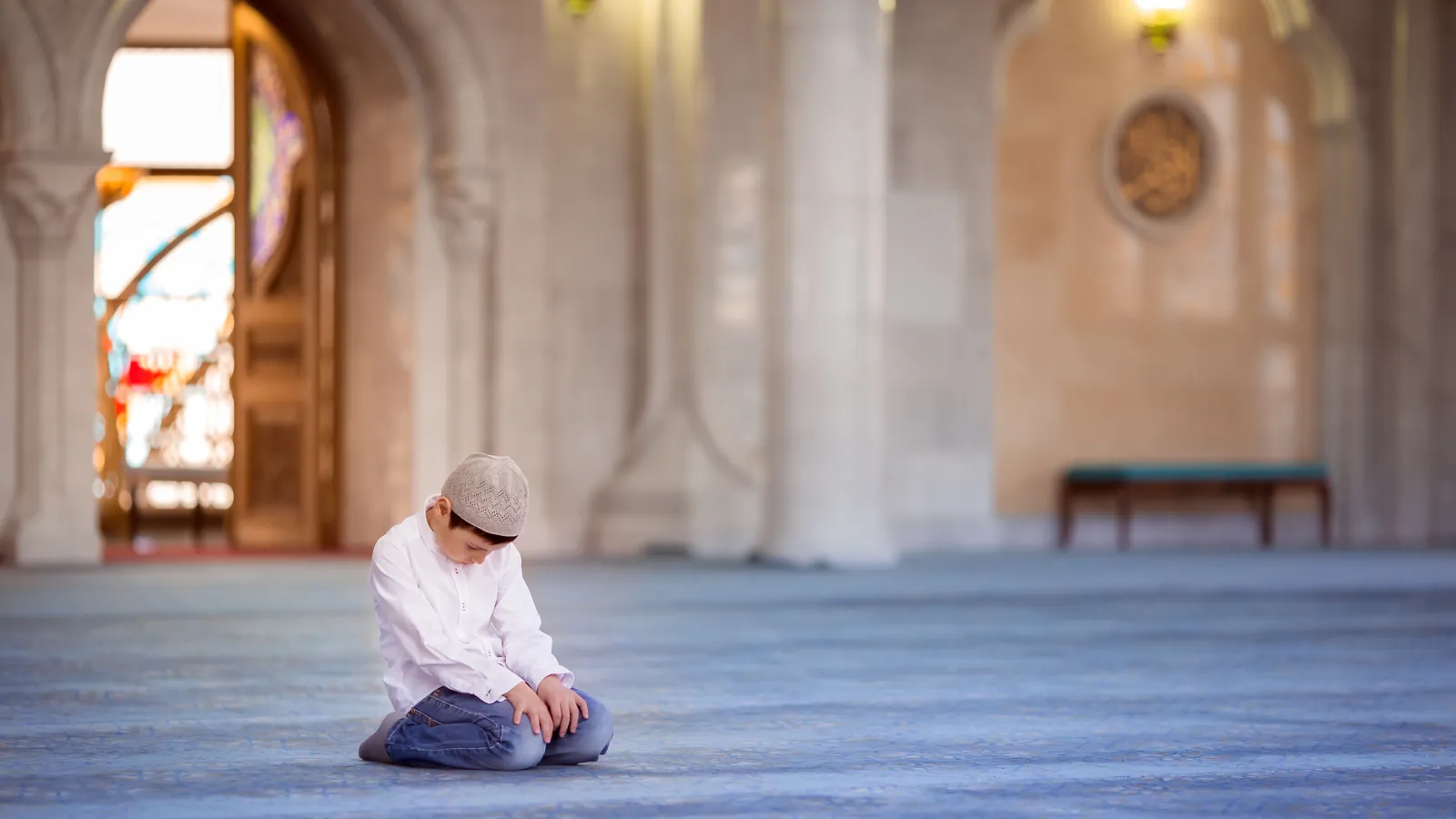Types of Child Custody

Types of Child Custody in Georgia
There are two types of child custody in Georgia: physical (time) and legal custody (say so).
- Physical Custody deals with determining where the child will reside.
- Legal Custody addresses which parent will have final decision making on various matters related to a child's upbringing.
Did this article help you?
Thank you, we appreciate your feedback!



